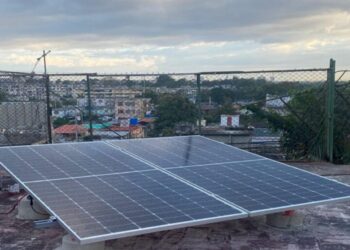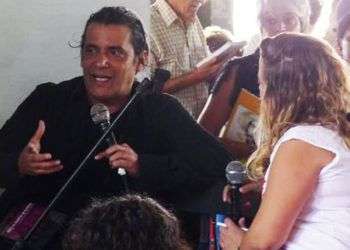Cuba received 1,489,286 international visitors between January and July, 178.4% more than in the same period of 2022, reported the National Office of Statistics and Information (ONEI).
According to the latest cut, the figure is almost 48,000 visitors in June and July. The main issuing countries are Canada (630,041), the United States (99,012), Russia (87,509), Spain (48,762), Germany (41,878) and France (36,549), all with year-on-year increases of between 115 and 240%, according to official statistics.
Está invitado. #Cuba #CubaUnica https://t.co/RnPUOAdOtj https://t.co/l53jHTVQOA https://t.co/ztLm4GFllA https://t.co/f4CRYuM4jc pic.twitter.com/YEQXLyS54f
— Ministerio Turismo (@MinturCuba) August 21, 2023
In addition, the Cuban community abroad contributed 210,019 international travelers and residents on the island added 431,580 flights, bringing the total number of these travelers in that period to 1,929,286 people.
Tourism, the Cuban economy’s main driving force, is key to the economic recovery of the island, which has been suffering for more than two years from a serious economic crisis with a great shortage of basic products (food, fuel and medicine) and high inflation.
The tourism sector is the second contributor to the gross domestic product (GDP) and the third source of foreign exchange, after professional services and remittances, according to estimates by various independent experts.
Cuba received 1.6 million international travelers in 2022 when its goal was to host 1.7 million, readjusted from the initial forecast of 2.5 million, and according to ONEI.
Before the pandemic, it received between 4 and 5 million tourists a year.
The authorities have set themselves the goal of reaching 3.5 million international tourists in 2023, a goal that the authorities of the sector recognize is “very high” but maintain that they are working to achieve that goal.
Its situation contrasts with similar destinations in the region, such as Punta Cana (Dominican R.) or Cancun (Mexico), which are registering all-time highs in visitors after the pandemic.
EFE/OnCuba










